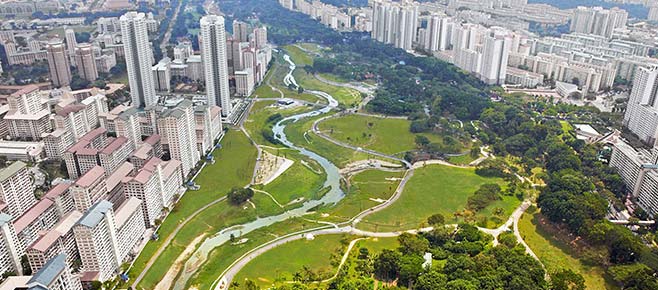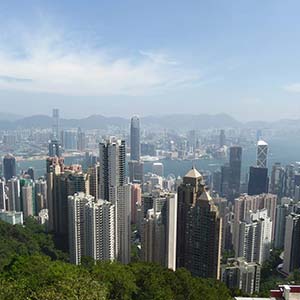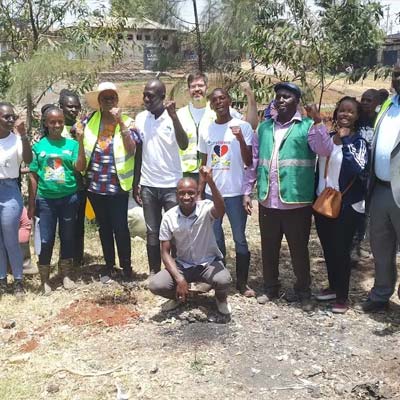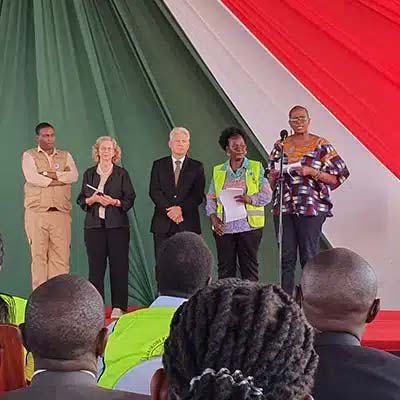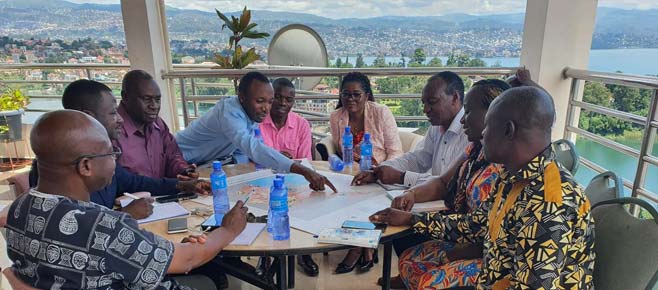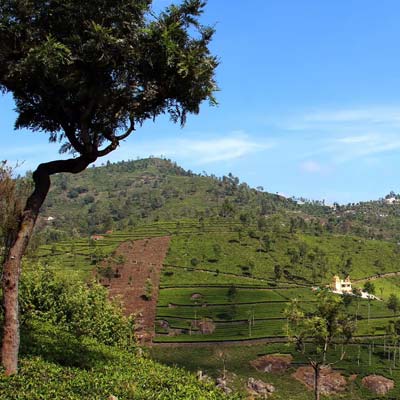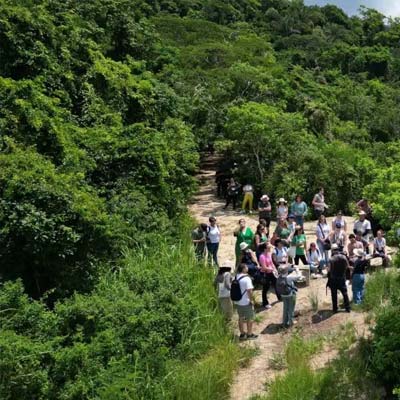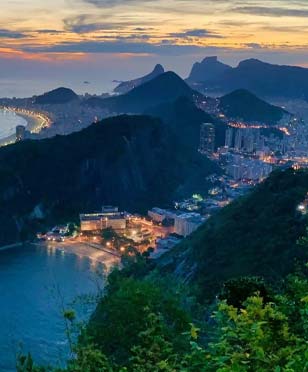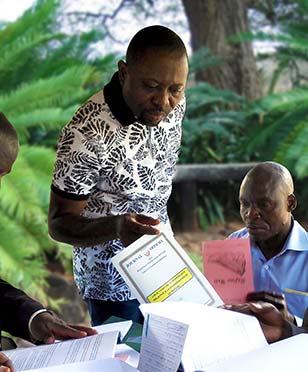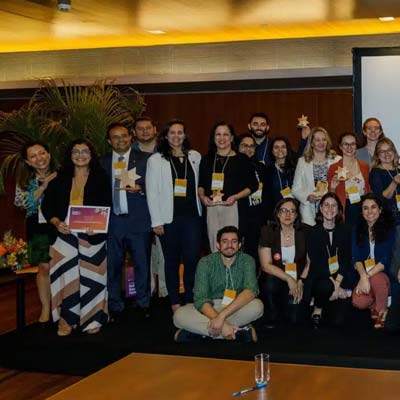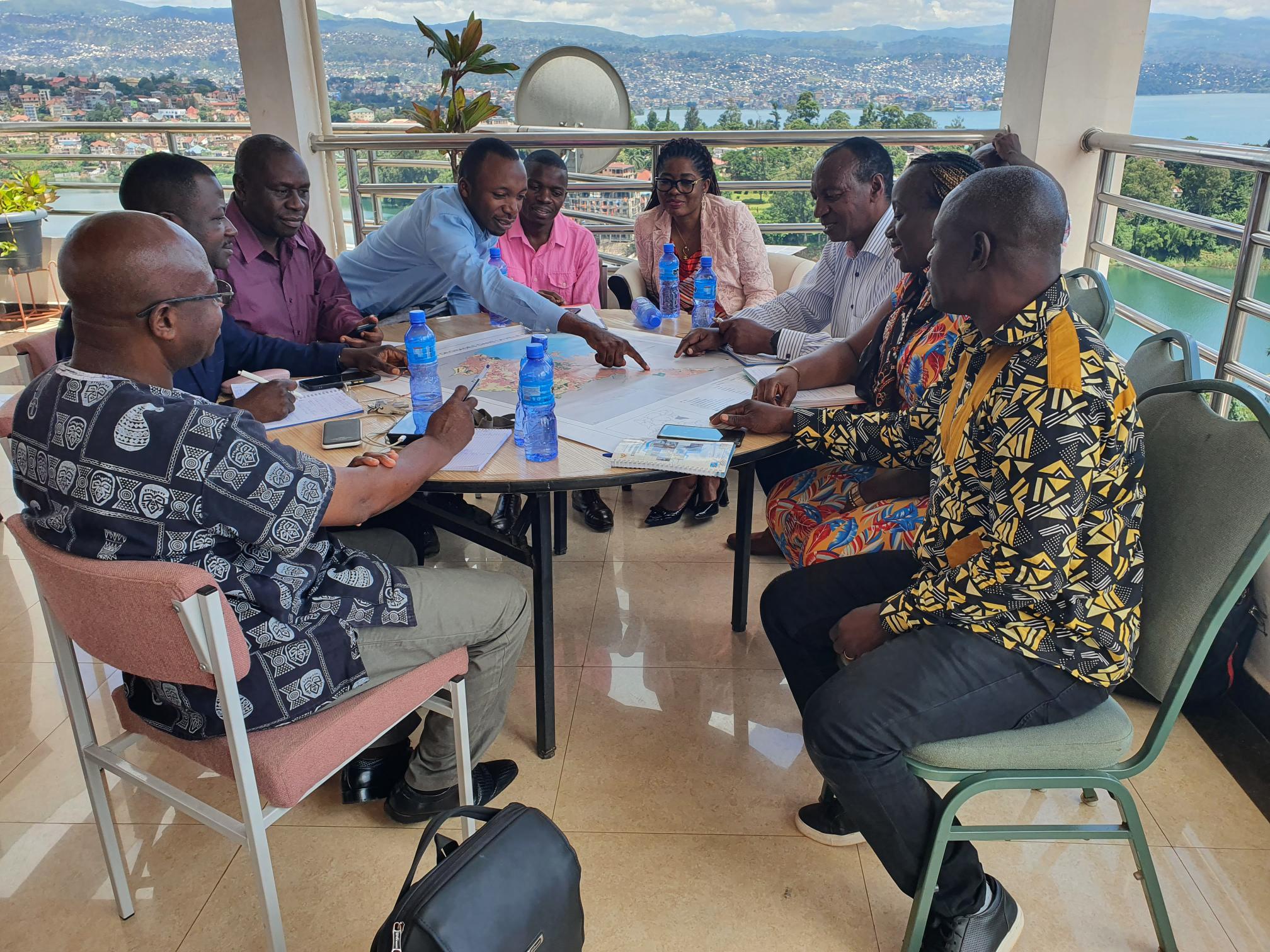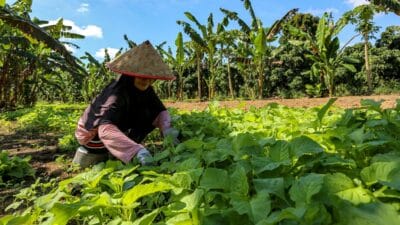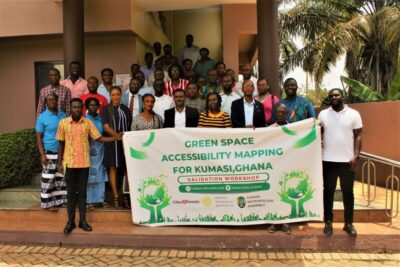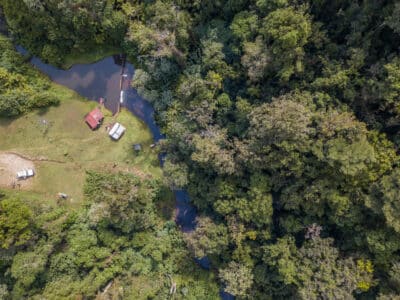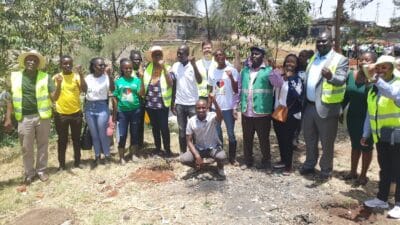Cities4Forests and WRI’s African Vital Landscapes Initiative are working to enhance community and ecosystem resilience for more than two million residents of Africa’s Ruzizi Basin in the Democratic Republic of Congo, Rwanda, and Burundi. This project aims to address landscape degradation by designing and implementing locally appropriate nature-based solutions, which will create green jobs, improve livelihoods for women and youth, and enhance energy and water security.
Opportunity
The Ruzizi Basin, the watershed for the Ruzizi River, is a rich and biodiverse landscape. It is also a pillar of economic development for basin states like Burundi, Rwanda, and the Democratic Republic of Congo (DRC). For instance, it serves as a critical supplier of hydropower with the potential to generate over 500 megawatts of electricity.
The Ruzizi Basin’s largest cities, Bukavu, Uvira, and Bujumbura, are among the fastest growing cities in the region. This rapid population growth, combined with unplanned urban expansion, poor agricultural practices, and unsustainable forest product exploitation has resulted in environmental and socio-economic disasters. For example, upstream degradation has caused catastrophic downstream flooding and erosion, killing downstream residents, damaging infrastructure, and stifling hydropower energy production.
Project Description
First, the project will identify appropriate nature-based solutions interventions in the urban and peri-urban areas of the two cities. These interventions will control and reduce soil erosion, floods, landslides, and other challenges for water bodies upstream of hydropower dams. Cities4Forests will also prepare socioeconomic and environmental baselines to track improvements in tree cover, flood and sedimentation risk reduction, and social improvements, such as jobs and gender equity. This will allow us to track the disaster risk reduction and social impacts of these solutions over time. These impacts include improved water quality and quantity, carbon sequestration, cost savings associated with nature-based solutions, and community resilience.
In addition, the project will increase stakeholder engagement and peer-to-peer learnings to address local power dynamics and increase community buy-in and ownership of the project’s interventions. Cities4Forests will help facilitate experience and knowledge-sharing between the stakeholders of Bukavu, Uvira, and Bujumbura, as well as other cities where urban water resilience and greening processes are being developed such as Kigali, Addis Ababa, and Johannesburg to spur cross-collaboration learnings and scale up adoption.
